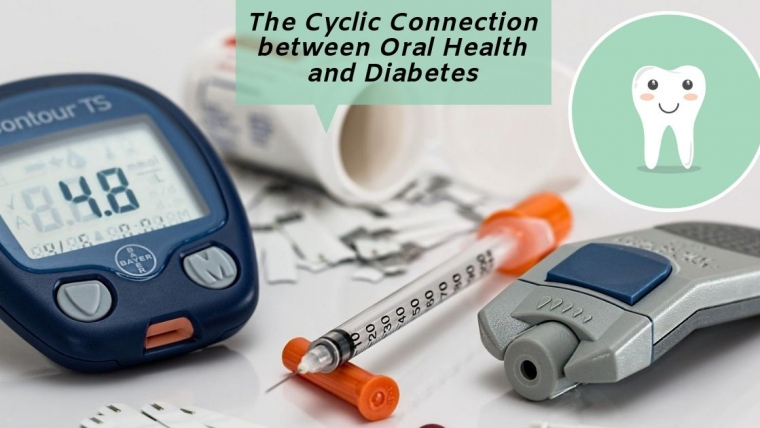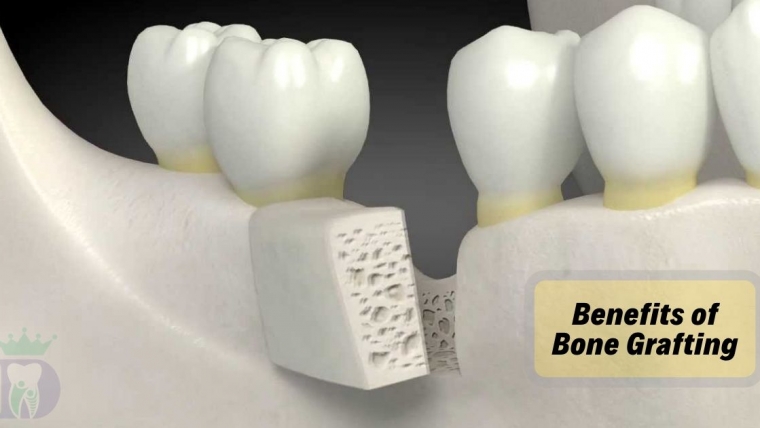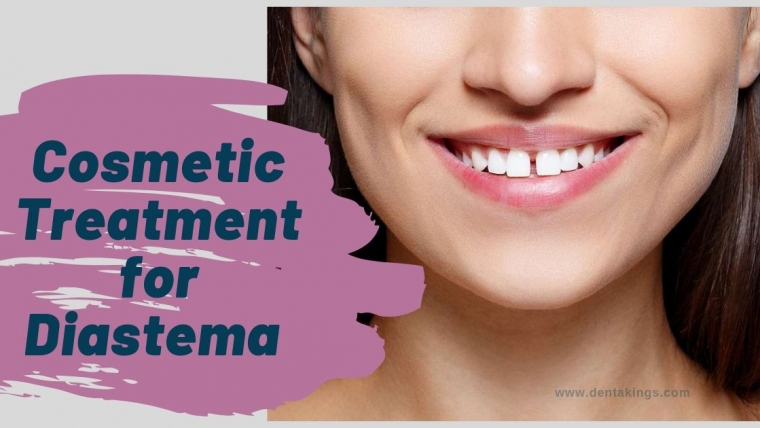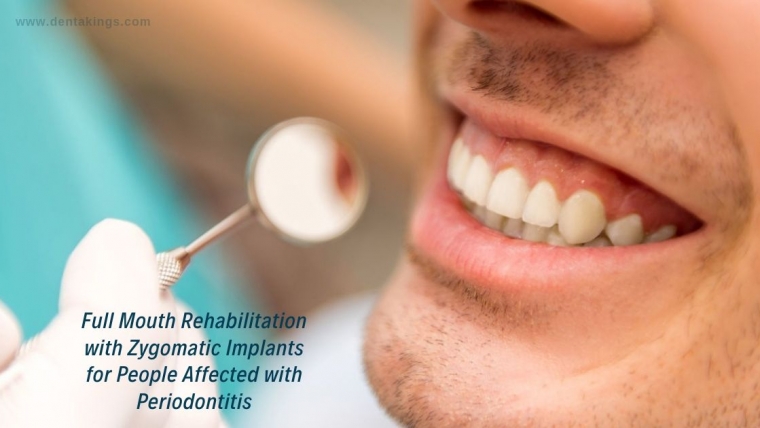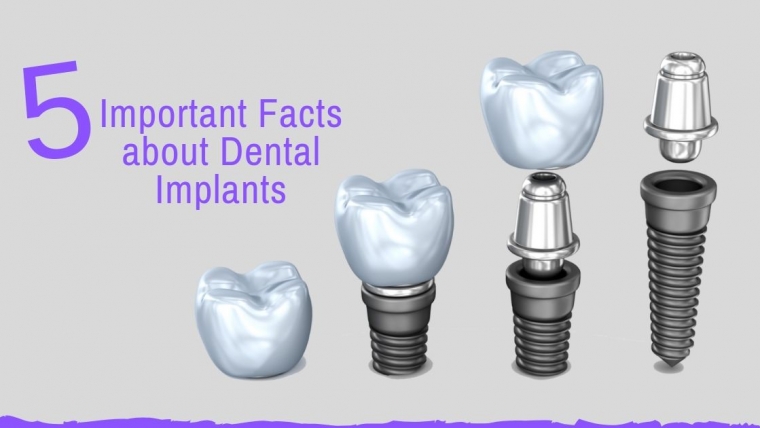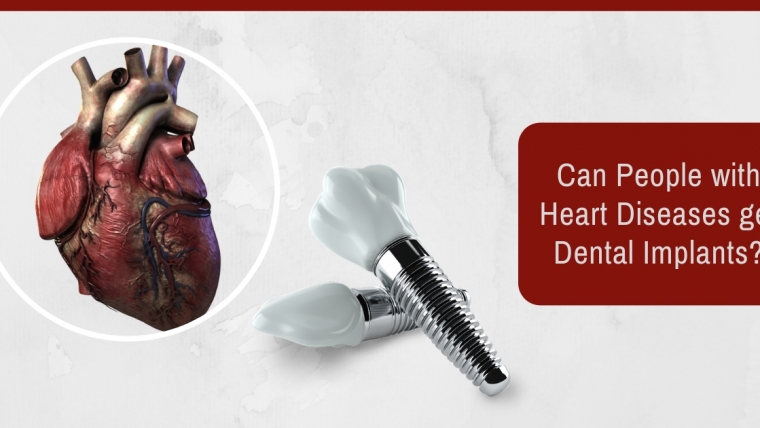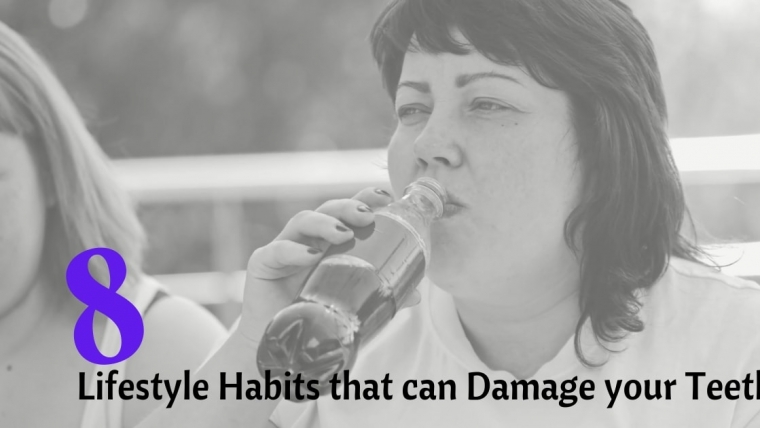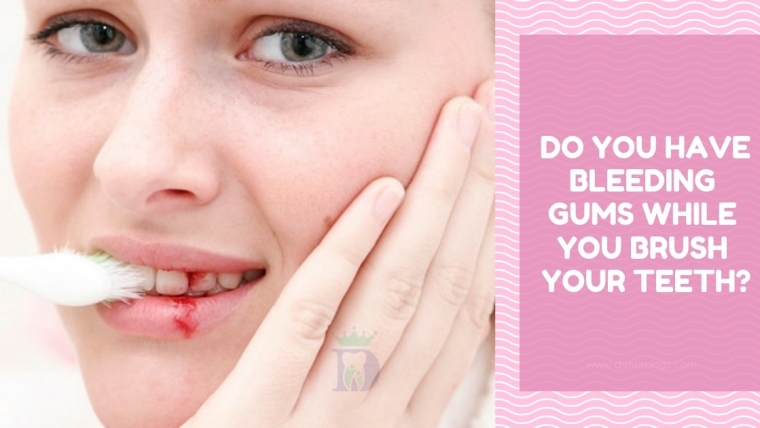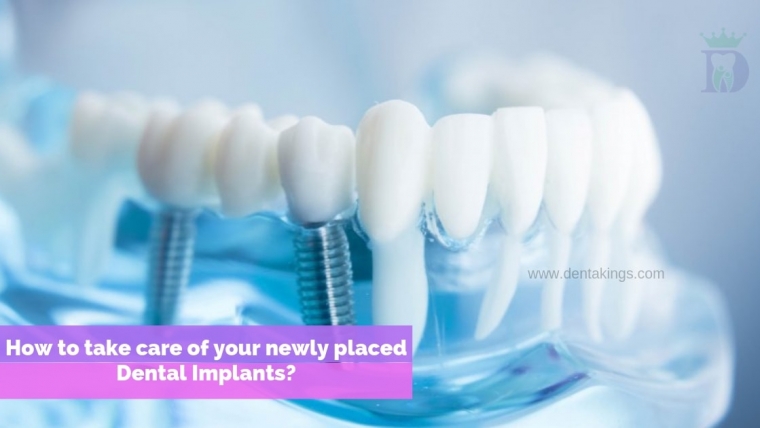Here are 8 lifestyle habits that can end up damaging your teeth.
Sugary Food and Beverages
The food and beverages that you consume directly affect your teeth. Food and beverages that are loaded with sugar are harmful to your teeth if they are consumed often. The sugar present in the food or beverages you consume gets accumulated over your teeth. Bacteria consume these sugars and in turn produce acids. These acids can erode the enamel layer of the teeth and cause tooth decay. Acidic foods like sour candy, canned foods, pickles, soda, energy drinks can also pose as threats to the teeth as they erode the enamel layer of the teeth. The acetic acid present in citrus fruits like oranges, lemons, sweet lime can also erode the enamel layer if consumed in large amounts.
